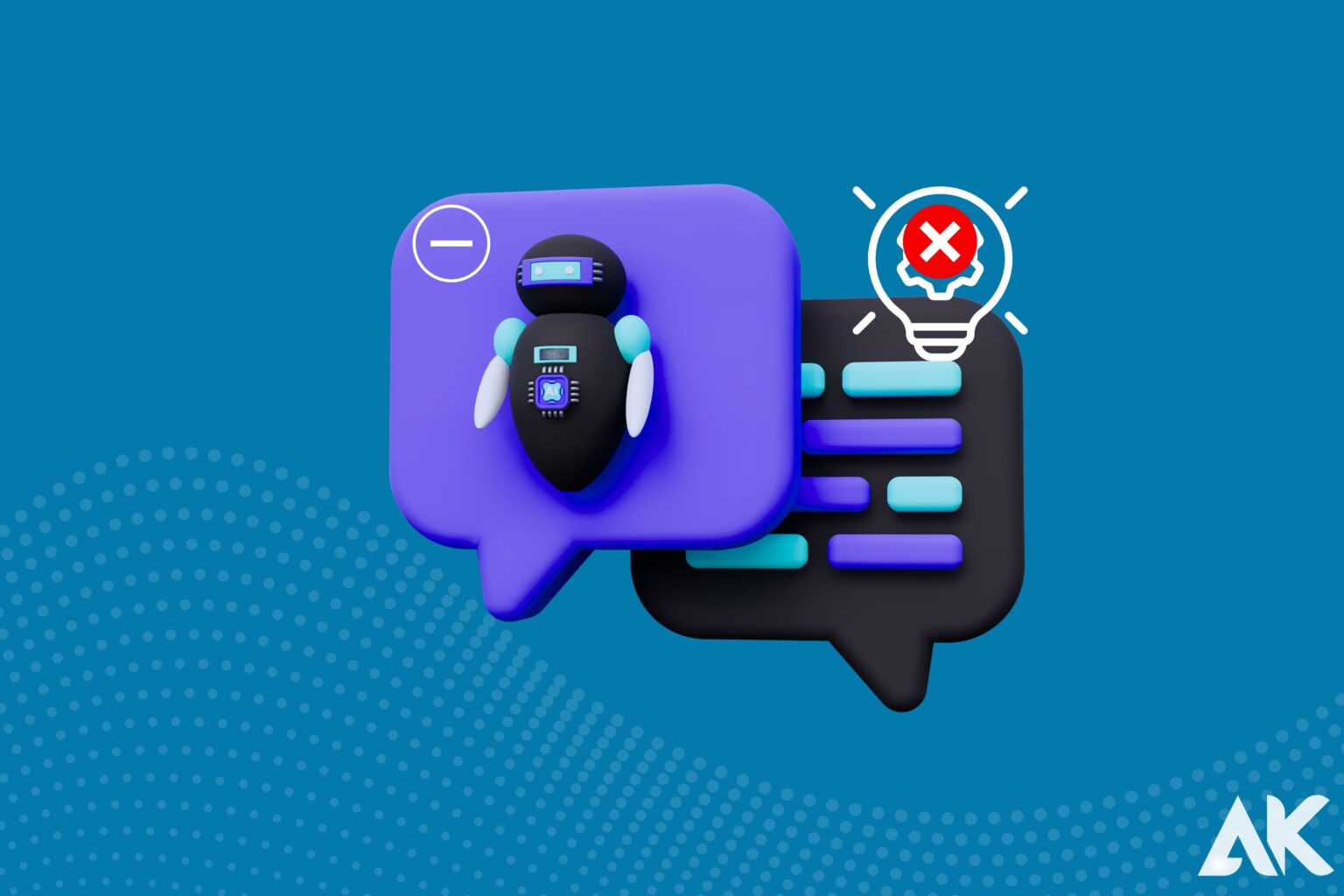It is no secret that technology advances rapidly over time. Every day, new tools with a wide range of uses are created, making innumerable human activities easier.
One of them is a technological tool that has advanced significantly recently and, while it was only a science fiction or faraway fantasy until a few decades ago, today we may perceive it as an increasingly terrifying reality. And when we say that, we’re referring to AI.
According to John McCarthy, the father of artificial intelligence, “the science and engineering of making intelligent machines, especially intelligent computer programmes,” is how artificial intelligence is best understood. Although it is related to the related job of using computers to comprehend human cognition, AI should not be limited to tactics that may be examined by biological means.
We can now quickly process vast amounts of data thanks to AI. These computations aid in the comprehension of societal patterns, market movements, and atmospheric changes. Medical technology, telecommunications, and home automation have all advanced significantly thanks to the use of AI in robotics. These AI-based applications have transformed our everyday routines, living spaces, and interpersonal connections; yet, the AI that is currently in use is regarded as restricted or weak because only a small portion of its potential is being utilised.
Although developing this technical instrument to its full potential would be one of the greatest feats in human history, it would not necessarily be to our advantage. As AI might be employed to put an end to conflicts or eradicate diseases, it could also be utilised to build killer robots that act on their own, raise unemployment, or aid terrorist activities.
This essay clarifies the main risks and drawbacks of AI, which many people worry may soon become a reality. The report will go into detail on these negative repercussions, which include terrorism, prejudice, unemployment, and privacy threats.
1. AI and Joblessness:
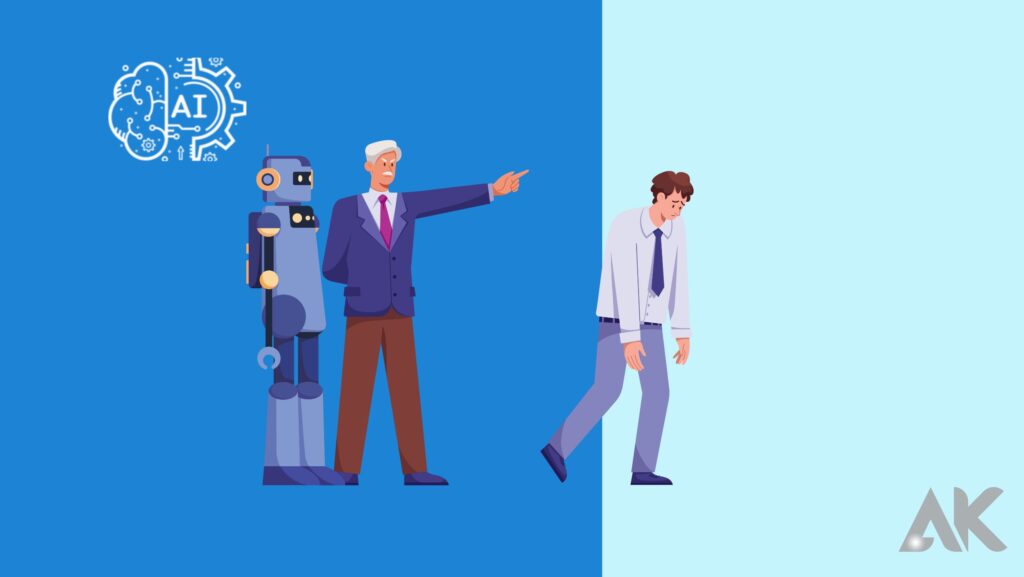
Even given the current low level of AI development, an OECD assessment claims that the introduction of AI could have an impact on 14% of occupations worldwide.
In order to categorise this influence, from “least exposed” to “most exposed,” categories have been devised. AI won’t necessarily replace jobs in the “most exposed” group, but it will have a greater impact.
The research also highlights some of the most untapped areas. Technical jobs with high-skill requirements include clinical lab technologists, optometrists, and chemical engineers.
However, there is also proof that applying AI to certain tasks has benefits. People who work in such industries report significant changes in how those activities are currently carried out in the most at-risk occupational categories. Their manual labour has also become simpler as a result of this shift, which has also increased income and educational opportunities.
Additionally, it has been found that rather than totally displacing the workforce, AI is currently enhancing worker productivity. It follows that there is still disagreement between the views presented in the OECD studies regarding how AI might impact wages and employment.
Regarding the effect that more advanced AI will have on the supply and demand of jobs, there is still a great deal of ambiguity. On the one hand, there is a chance that this will increase certain people’s productivity and pay, but on the other hand, there is a big risk for others if it allows some procedures to be automated, which would limit human intervention and end their careers.
2. WE LOSE HUMAN INFLUENCE
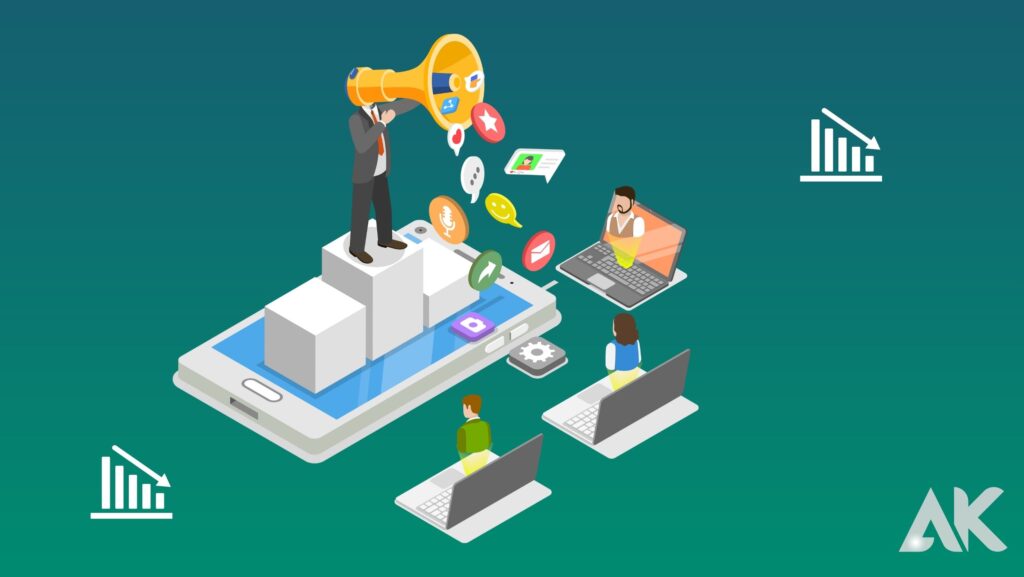
An overreliance on AI technology could result in the decline of human influence and functionality in different sectors of society. The application of AI in the healthcare industry, for instance, may lead to a loss in human empathy and reasoning. Additionally, employing generative AI in artistic activities may limit human creativity and emotional expression. Overusing AI technologies could even harm students’ social and communication abilities. Consequently, even while AI can be highly helpful for automating mundane tasks, some people are concerned that it may restrict human intelligence, capabilities, and community requirements more broadly.
3. The impact of Negative Effects of AI on financial crises
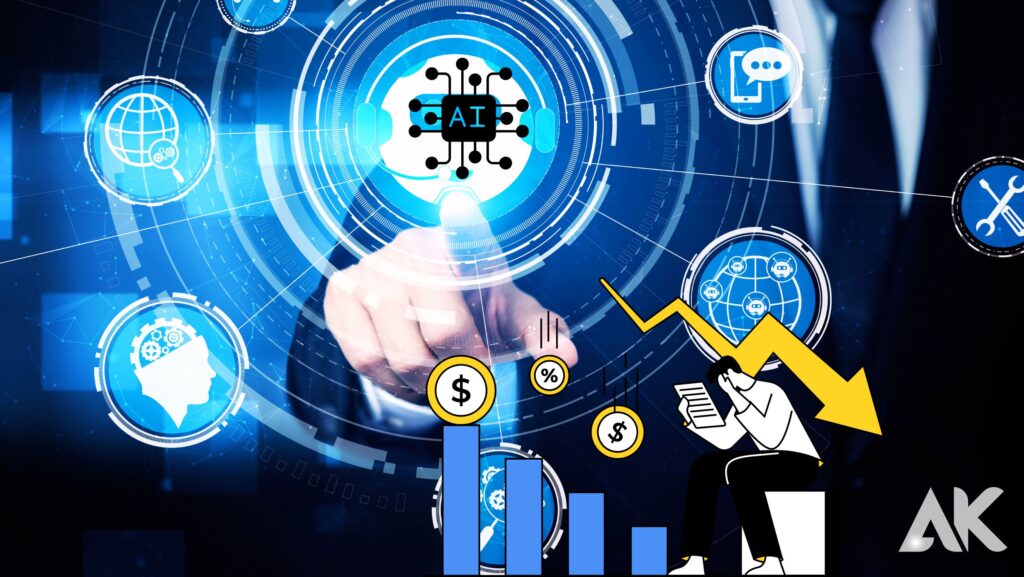
The financial sector is becoming more amenable to the use of artificial intelligence (AI) technology in ordinary financial and trading processes. As a result, our next significant crash in the markets may be brought on by algorithmic trading.
While AI algorithms are unaffected by human emotions or judgements, they do not take into consideration settings, market interdependence, or human trust and fear. The algorithms then conduct hundreds of trades at breakneck speed, with the objective of selling a few seconds later for minor profits. Selling thousands of trades could frighten investors into doing the same, resulting in abrupt falls and very volatile markets.
No matter if rapid and huge trading is intended, incidents like the 2010 Flash Crash and the Knight Capital Flash Crash serve as reminders of what may occur when trade-happy algorithms go nuts.
Not that AI doesn’t have something to offer the finance industry. In reality, AI algorithms can aid investors in making market decisions that are wiser and more knowledgeable. But financial organisations must make sure they comprehend their AI algorithms and the decision-making processes behind them. Before integrating the technology, businesses should assess whether AI increases or decreases their confidence to prevent inciting investor apprehension and causing a financial meltdown.
4. USE OF AI TOOLS AND LACK OF DATA PRIVACY

Your data is being collected if you’ve experimented with an AI chatbot or face filter online, but where is it going and how is it being used? Personal data is frequently collected by AI systems to personalise user interfaces or to assist in developing the AI models you are using (especially if the AI tool is free). Given an AI system, data might not even be regarded secure from other users, as one ChatGPT bug occurrence in 2023 “allowed some users see titles from anotherWhile there are restrictions in place to protect personal information in specific scenarios in the United States, there is no express federal law that protects citizens from the harm AI makes to their data privacy.
5. MANIPULATION OF SOCIETY USING AI ALGORITHMS
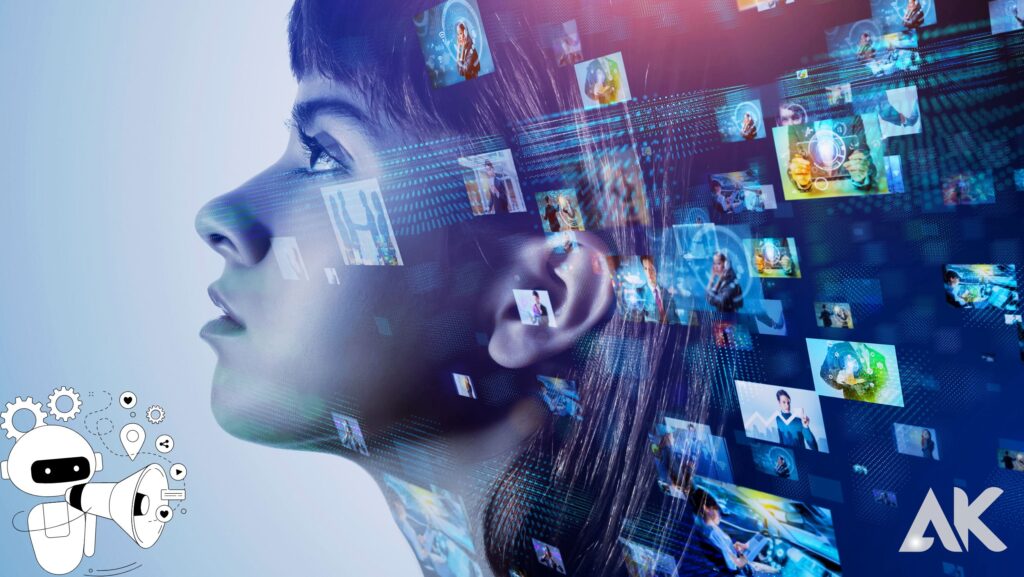
Artificial intelligence also poses the risk of social manipulation. This worry has materialised when politicians use platforms to further their agendas. Ferdinand Marcos Jr., for instance, used a troll army on TikTok to win the support of younger Filipinos in the Philippines’ 2022 presidential election.
One example of a social media network that uses AI algorithms is TikTok, which populates a user’s feed with content relevant to previously seen media on the platform. This procedure and the algorithm’s failure to weed out harmful and inaccurate content are targeted in criticism of the programme, raising questions about its capacity to shield its users from false information.
With AI-generated photos and videos, AI voice changers, and deepfakes invading the political and social stadiums, online media and news have grown even murkier. With the use of these technologies, it is simple to produce realistic images for use in photos, films, and audio recordings, or to swap out a figure’s image in an already-existing image or video. As a result, attackers now have a new channel for distributing false information and war propaganda, creating a nightmare situation in which it can be extremely difficult to tell the difference between reliable and false news.
According to Ford, no one knows what is real and what is not. “As a result, you literally cannot believe your own eyes and ears; you also cannot rely on them.” on what we have historically considered to be the best evidence imaginable. That will be a big problem.
6. AI Automation Is Causing Job Losses
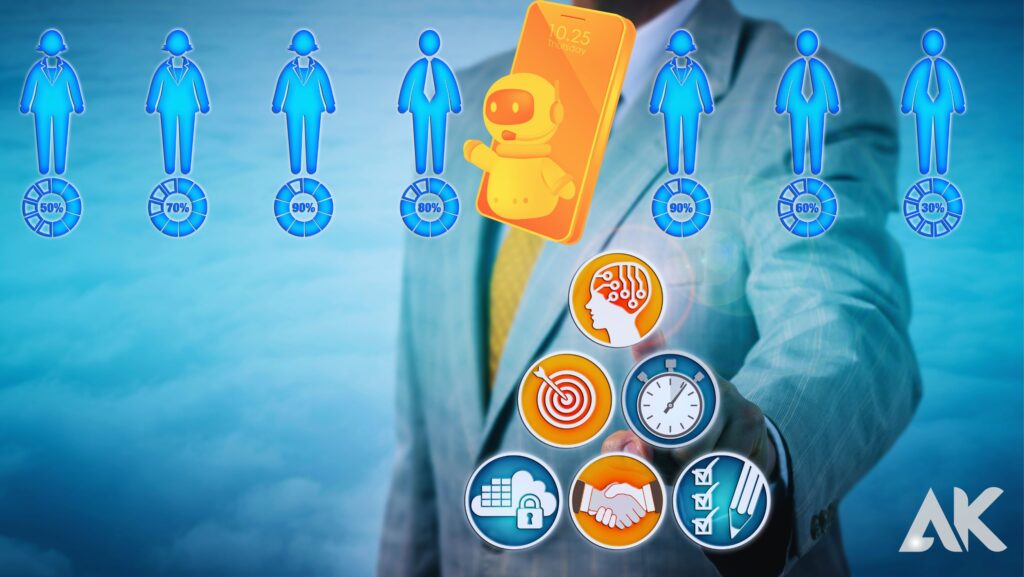
Job automation enabled by AI is becoming an urgent concern as the technology is used in fields such as marketing, manufacturing, and healthcare. According to McKinsey, tasks that makeup up to 30% of the hours currently spent working in the U.S. industry might be automated by 2030, leaving Black and Hispanic workers particularly vulnerable to the transformation. Even Goldman Sachs claims that AI automation could result in the loss of 300 million full-time employees.
According to futurist Martin Ford of Built In, “the reason we have a low unemployment rate, which doesn’t actually capture people who aren’t looking for work, is largely because lower-wage service sector jobs have been pretty robustly created by this economy.” But “I don’t think that’s going to continue,” with AI on the rise.
As AI robots become smarter and more skilled, fewer people will be required to do the same tasks. Furthermore, even though 97 million new jobs are predicted to be created by AI by 2025, many workers won’t have the necessary technical skills and risk being left behind if employers don’t upskill their workforces.
When additional automation is used, will you be a good fit for one of these new jobs if you are flipping hamburgers at McDonald’s? Ford added. Is it more likely that the new occupation will necessitate substantial schooling, training, or even innate talents that you may lack, such as exceptional interpersonal skills or creativity? Because computers aren’t particularly good at those things, at least not yet.
Artificial intelligence (AI) is a danger to vocations that require higher degrees and additional post-college training.
Law and accounting are two industries that are poised for an AI invasion, as technology strategist Chris Messina has noted. In fact, some of them might be wiped out, according to Messina. Medicine is already being significantly impacted by AI. Messina predicted that the fields of law and accounting would be next, with the former experiencing “a massive shakeup.”
Regarding the legal industry, he advised “thinking about the complexity of contracts, and really diving in and understanding what it takes to create a perfect deal structure.” A large number of lawyers are going through thousands or hundreds of pages of data and papers. Things are very simple to overlook. Therefore, a lot of corporate solicitors will likely be replaced by AI that can thoroughly search through and produce the finest contract for the conclusion you’re seeking to achieve.
Conclusion
The development of artificial intelligence (AI) has accelerated, simplifying a variety of human operations. Due to the fact that just a small part of AI’s potential is being utilised, the current level of the technology is regarded as limited or weak. AI has the power to put an end to wars, cure diseases, create killer robots, increase unemployment, and support terrorism.
Unemployment, the loss of human influence, financial crises, and social manipulation are just a few of the detrimental implications of AI. 14% of vocations could be influenced by the arrival of AI, with some professions more likely to be affected. Concerning how AI will affect salaries and jobs, there is still some uncertainty.
Another issue is the involvement of AI algorithms in financial crises because they don’t take into consideration settings, market interdependence, or human trust and fear. Because of the increased use of AI in normal banking and trading processes, there is a risk of market crashes.
Personal data is frequently collected by AI technologies in order to customise user interfaces or support the creation of AI models. Data Financial institutions must ensure that they are comfortable with their AI algorithms and decision-making processes before using the technology. Privacy is frequently not seen as secure due to AI systems, though.
Last but not least, societal manipulation is a potential danger associated with AI, as politicians have shown by using AI systems to advance their own agendas. For example, TikTok uses AI algorithms to populate a user’s feed with content relevant to media they have already viewed, raising questions about its ability to protect people from false information.
As a result, while AI has the ability to revolutionise many parts of life, it also has the risk of having unfavourable effects including terrorism, discrimination, unemployment, and privacy risks. It is critical for businesses to comprehend the potential hazards, restrictions, and effects of AI on society.

